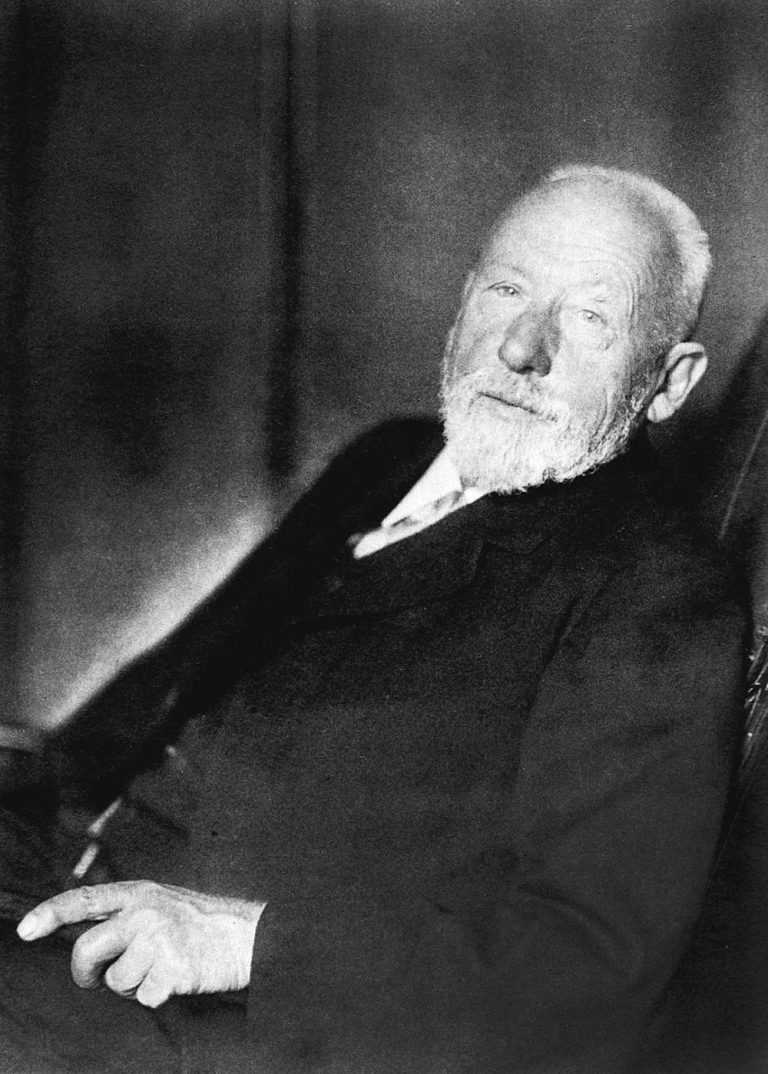Date of Birth: November 19, 1833
Zodiac Sign: Scorpio
Date of Death: October 1, 1911
Biography
Wilhelm Dilthey was a German historian, psychologist, sociologist, and philosopher, best known for his contributions to the philosophy of the human sciences. Born on November 19, 1833, in Wiesbaden, Duchy of Nassau, Dilthey was influential in shaping the understanding of historical and cultural context in the study of human behavior. He studied theology and philosophy at the universities of Heidelberg and Berlin, where he became deeply engaged with the works of Schleiermacher and Hegel. Dilthey argued that human sciences (Geisteswissenschaften) should be fundamentally different from natural sciences (Naturwissenschaften) because they deal with human experiences, which are inherently subjective and interpretative. His work emphasized the importance of “understanding” (Verstehen) in the human sciences, as opposed to the “explanation” (Erklären) used in the natural sciences. His ideas laid the groundwork for the development of hermeneutics and phenomenology. Throughout his career, Dilthey held various academic positions, including a significant tenure at the University of Berlin where he mentored many prominent scholars. He passed away on October 1, 1911, in Seis am Schlern, Tyrol, Austria-Hungary, leaving behind a legacy that continues to influence humanities and social sciences.
5 Interesting Facts about Wilhelm Dilthey
1. Wilhelm Dilthey was a major influence on the development of hermeneutics, the theory and methodology of interpretation.
2. He introduced the concept of “lived experience” (Erlebnis) to highlight the importance of personal and subjective experiences in understanding human behavior.
3. Dilthey’s work significantly influenced existentialist philosophers such as Martin Heidegger and Hans-Georg Gadamer.
4. He was a prolific writer, and his collected works span 26 volumes.
5. Dilthey was awarded the prestigious Pour le Mérite for Sciences and Arts in 1906.
5 Most Interesting Quotes from Wilhelm Dilthey
1. “We explain nature, but we understand psychic life.”
2. “Only a person who has lived through experiences can understand the meaning of those experiences.”
3. “The aim of the human sciences is to understand the reality of human life.”
4. “The ultimate purpose of the human sciences is to enrich our understanding of the unique characteristics of human existence.”
5. “Historical consciousness is a fundamental feature of human existence.”
Highest Net Worth Achieved
There are no verified records of Wilhelm Dilthey’s net worth. Being an academic and philosopher in the 19th and early 20th centuries, his financial status was typical of a university professor of his time.
Children
Wilhelm Dilthey did not have any children.
Relevant Links
2. [Internet Encyclopedia of Philosophy – Wilhelm Dilthey](https://iep.utm.edu/dilthey/
3. [Britannica – Wilhelm Dilthey](https://www.britannica.com/biography/Wilhelm-Dilthey
4. [Academia.edu – Wilhelm Dilthey](https://www.academia.edu/Documents/in/Wilhelm_Dilthey
5. [Project Gutenberg – Wilhelm Dilthey](https://www.gutenberg.org/author/Dilthey,+Wilhelm


